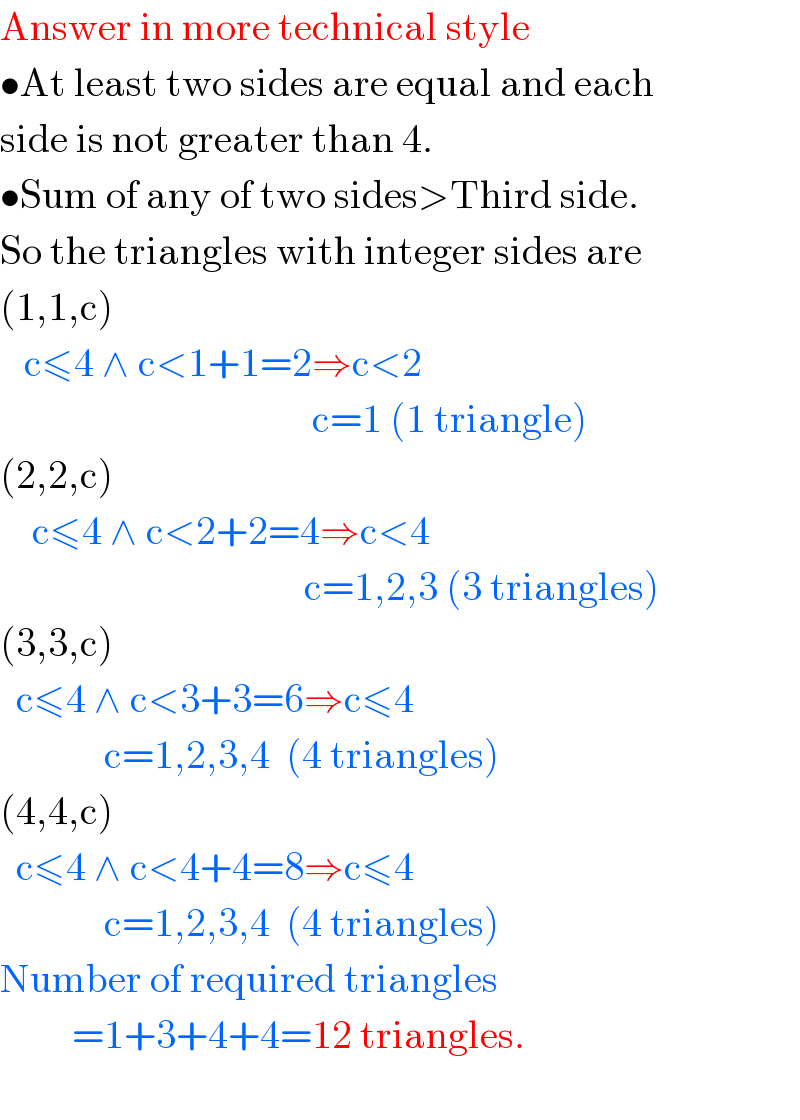
Question and Answers Forum
Question Number 34760 by Tinkutara last updated on 10/May/18

Answered by Rasheed.Sindhi last updated on 11/May/18

Commented by Tinkutara last updated on 11/May/18
Thank you very much Sir! I got the answer. ��������
Answered by Rasheed.Sindhi last updated on 21/May/18

